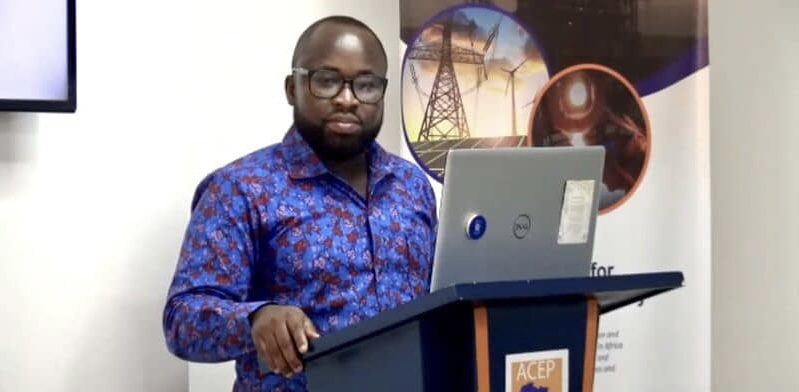The Africa Centre for Energy Policy (ACEP) has urged the government to prioritize addressing the energy sector’s debt, particularly regarding premix fuel products.
According to ACEP’s Policy Lead, Mr. Kodzo Yaotse, the subsidy on premix fuel is being diverted away from its intended beneficiaries, who end up buying it at higher rates.
Data from the industry shows a 300% increase in premix fuel consumption in the north, despite the lack of landing beaches in the area. This suggests that the fuel is being diverted and sold to motorbikes and other vehicles, enriching a few individuals at the expense of the government’s subsidy.
ACEP argues that the subsidy is not serving its purpose and is instead perpetuating abuse and inefficiency. The organization is calling for an end to the premix fuel subsidy, citing the need to prioritize transparency and accountability in the energy sector.
The Africa Centre for Energy Policy (ACEP) has called on Government to prioritise addressing the energy sector debts in the short to medium terms to free up revenues for development purposes.
The Senior Policy Analyst and Monitoring, Evaluating and Learning Manager at Africa Centre for Energy Policy (ACEP), Maybel Acquaye
called on Government to prioritise addressing the energy sector debts in the short to medium terms to free up revenues for development purposes.
Madam Maybel further reveal ACEP findings reveals GHS 9.7 billion worth of levies is earmarked largely for energy sector and road sector debt servicing.
highlighting the importance of increasing efficiency in the energy sector, improving revenue generation, and reducing inefficiencies that contribute to the mounting debts.
According to her, the government needs to take urgent steps in the short to medium term to alleviate the financial burden.
She recommended that the government pursue strategies that not only reduce debt but also improve the overall functioning of the sector to ensure it remains sustainable in the long.
Maybel Acquaye called on the National Petroleum Authority (NPA) to build regulatory capacity to facilitate healthy competition in the downstream petroleum sector and focus on tracking the quality and quantity of fuel delivery into the country and at the pump to eliminate the need for revenue assurance contracts and cumbersome fuel tracking systems by them.





